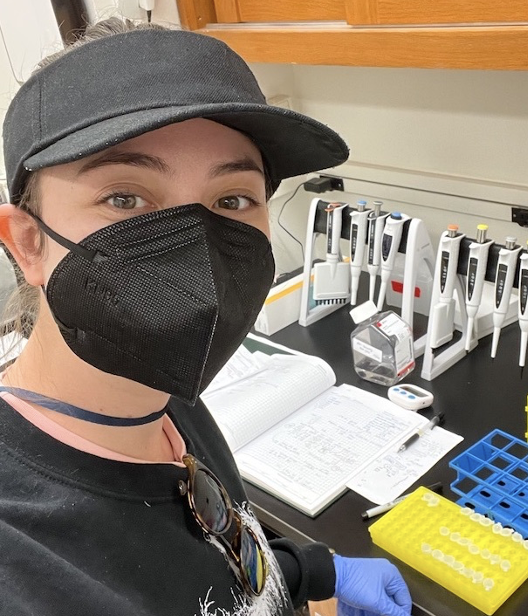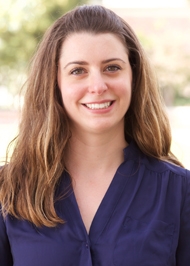“Impact of socio-cultural stressors on gestational physiology”
The Mothers’ Cultural Experiences (MCE) project aims to understand the health effects of maternal sociocultural experiences, and how those health effects are potentially transmitted to offspring during prenatal and early postnatal life. Stressors can become embodied or ‘get under the skin’ during pregnancy, which contributes to intergenerational transmission of minority health disparities. However, the mechanisms for how this occurs are poorly understood.
Latina women face unique psycho-social stressors, including discrimination, that have been associated with pregnancy complications, adverse birth outcomes, and long-term health effects for the offspring. In the MCE study, we seek to advance the understanding of stress embodiment during pregnancy among Latina women.
The CSW|Streisand Center funded our project to track placental changes across pregnancy through measurement of exosomes (specifically placental extra-cellular vesicles, or pEVs) and how they relate to relevant psychosocial stressors (Aim 1), psychological distress (Aim 2), and pregnancy complications (Aim 3).
Studying pEVs yields a direct measure of placental activity, with cargo and quantity potentially reflecting various aspects of biological components of stress including glucocorticoids, inflammation, and oxidative stress. While pEVs have been connected to biological stress, and certain pregnancy complications have been connected to psychosocial stress and pEVs quantity/cargo independently, no work yet has directly investigated the relation of psychosocial stressors to pEVs. This project considers how the sociocultural environment relates to the mechanisms of biological vulnerability within the placenta, the link between generations. Our initial findings suggest that both maternal anxiety and depression are significantly associated with less pEV concentration in maternal peripheral circulation during early pregnancy. These findings reflect the first evidence of a novel biomarker or psychosocial stress that has important implications for understanding the embodiment of stress in minoritized communities and how intergenerational cycles of minority health disparities are biologically perpetuated.
Graduate student Delaney Knorr performing lab work for CSW|Streisand Center project.
Image: MPI of Biophysics
People
Molly Fox
Molly Fox (she/her) is a biological anthropologist interested in the evolutionary context of chronic disease and the biosocial relationships between grandmothers, mothers, and children. Within the frameworks of evolutionary and developmental biology, her research focuses on maternal and grandmaternal transgenerational transmission of genes, phenotypes, life-history patterns, and disease risk. She synthesizes information from molecular, clinical, epidemiological, and anthropological research towards understanding the evolutionary context of human health and disease, family and societal structure, and addressing global health challenges.




